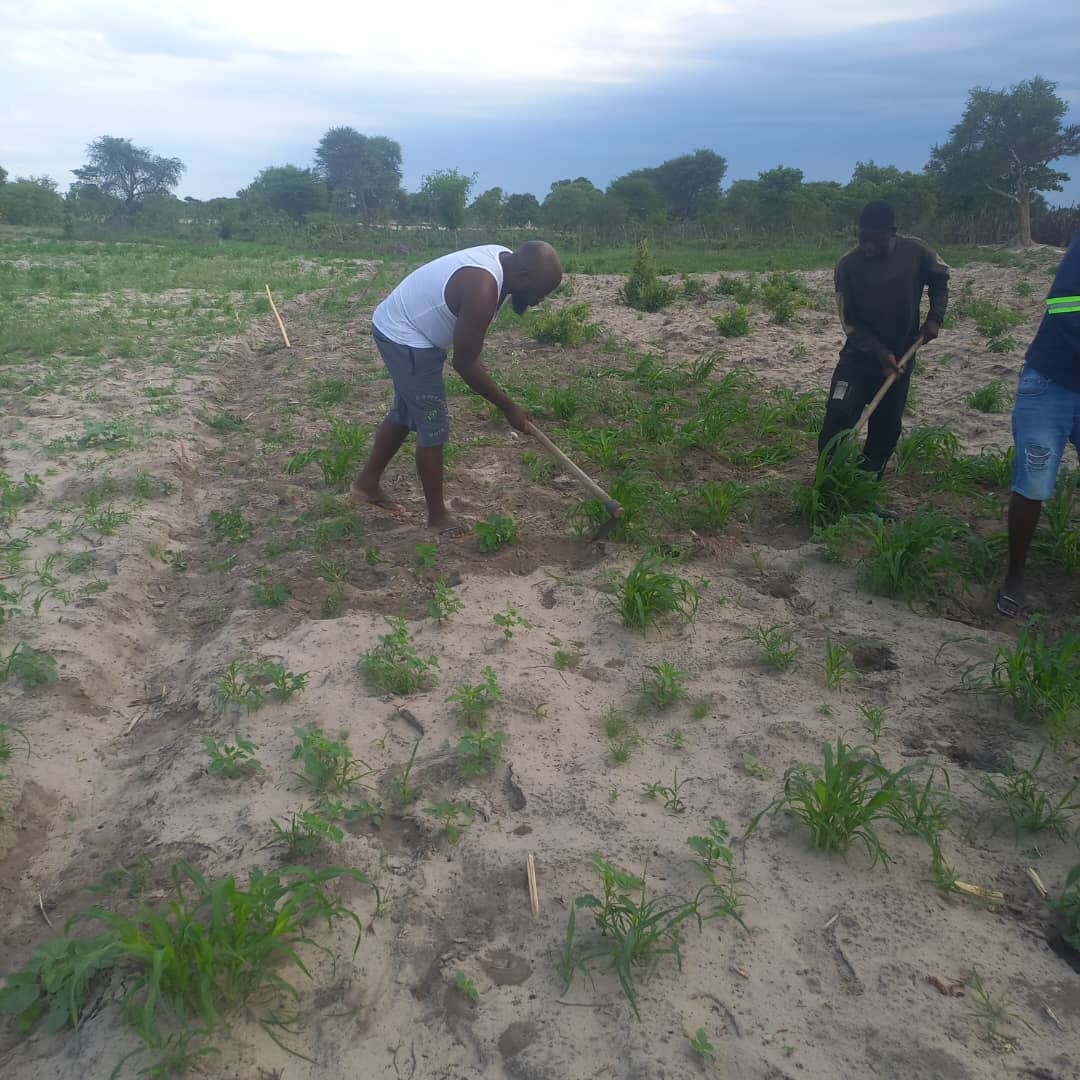The participation of relevant and affected communities in the issuing of mining, prospecting and reconnaissance licences is an important feature of the Environmental Management Act.
It is mandatory for companies or persons seeking permission from the government to mine, or to conduct prospecting activities in a specific area, to consult with the people living in that area.
Any person or company who proceeds with mining or who conducts prospecting or reconnaissance activities without consulting the affected communities is conducting that activity illegally, because that offends one of the key objectives of the Environmental Management Act of 2007 – the participation and/or benefitting of affected communities.
COMMUNITY CONSULTATION
The rationale behind the mandatory consultation process is self-evident – the people who reside in the area where mining is planned to take place know it best, and are also immediately affected by any change to the environment.
The community must therefore have a say and express any reservations or concerns it may have, which must be taken seriously by the person or company seeking to conduct mining or prospecting activities.
It is noteworthy that it is not just the potential destruction of the environment that needs to be discussed, but communities should also raise any issue they deem relevant.
For instance, the recent outcry in the Dâures constituency that the community is not benefitting from the mining being conducted in the area must be viewed through the lens of this mandatory consultation and participation process – and furthermore the fact that the law stipulates the need for affected communities to benefit.
It must also be emphasised that the consultation and participation process in our law is not simply a checklist item to be ticked off by companies or persons applying for mining, reconnaissance or prospecting licences.
It is a seminal factor that must be taken seriously and which, if not adhered to, will result in an environmental clearance certificate not being granted or alternatively being revoked.
Communities must participate.
TRADITIONAL AUTHORITIES
For instance, the intimation that a traditional authority consented on behalf of a specific community and that therefore, by extension, the community was consulted as well, is myopic and fails to satisfy the primary objective of the consultation and participation process, which requires that the community as a whole must have a say.
The requirement is not cosmetic, nor should it be regarded as an item simply to be checked off a list – it is a salient feature of the entire mining process.
The consultation and ensuing consent of applicants for a mining or prospecting licence must ensure that they have obtained the required participation of the affected communities and that they were therefore notified of the concerns of the community and must accordingly indicate as such in their application for the mining licence.
If, for instance, allegations of corruption or bribery are levelled against a traditional authority and the community contends that they were not in agreement with what the traditional authority communicated to the mining company or individual, the said mining company or individual has not done the consultation and participation process properly as required by law.
The traditional authority must consult the community at large, and such consultation must be meaningful and confirmed. The applicants for the specific licence have a duty to ensure that same is done.
CONCLUSION
Any allegations of corruption by any party to the process, must be investigated by the Anti-Corruption Commission, and proper action must be taken should any wrongdoing on the part of the traditional authority and/or mining company be established.
Additionally, the Office of the Ombudsman is constitutionally mandated to investigate and deal with such issues and assist the affected communities in the appropriate manner.
It was found by the High Court recently that the law does not authorise the minister responsible for the issuing of mining licences to revoke the licence in such circumstances (of fraud or corruption), but the said the minister can take the matter to court and have the licence revoked by the High Court.
The law around the need for communities to participate is clear, however, and that duty is not to be reneged on.
It must also be pointed out that Namibian citizens should benefit from mining activities, in terms of the Minerals (Prospecting and Mining) Act of 1992 and the Environmental Management Act of 2007.
Communities can therefore insist during the participation meetings with mining companies and/or individuals that their community benefits from job creation or the development of the community as a whole as a result of the mining activity.
That is part of the objective of the participation of the consultation process, and to deny communities that opportunity signals a gross non-compliance with the laws relating to the environment and mining in Namibia.
– This article was made possible by support from the Hanns Seidel Foundation.
Stay informed with The Namibian – your source for credible journalism. Get in-depth reporting and opinions for
only N$85 a month. Invest in journalism, invest in democracy –
Subscribe Now!







